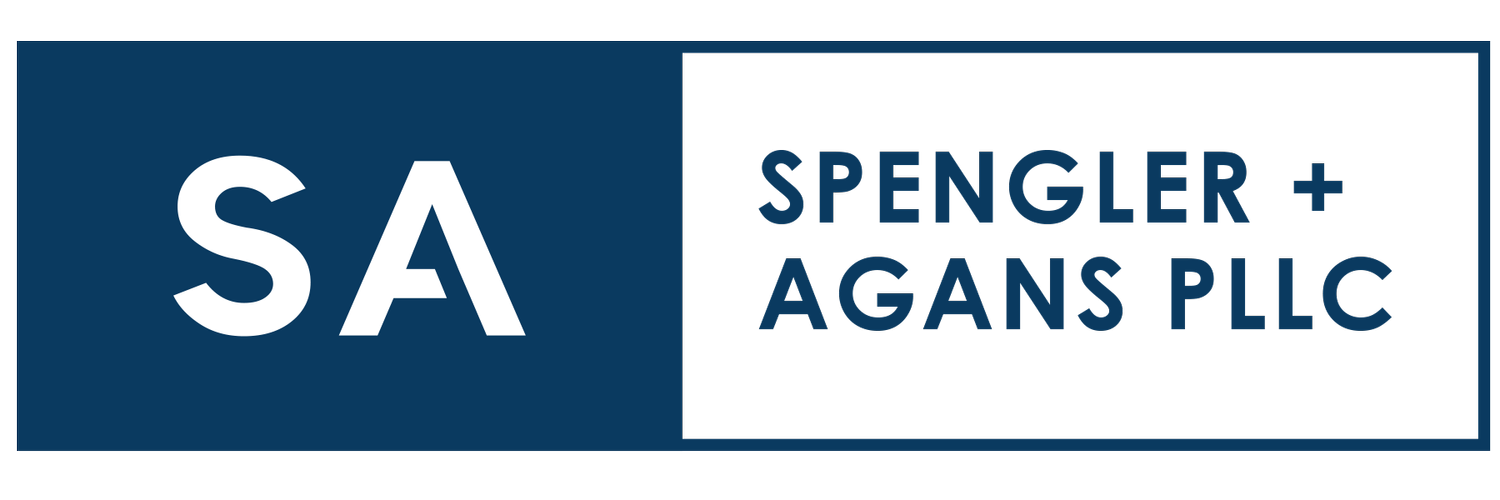Comedians like Louis CK Are Using Gag Orders to Protect Jokes; Can Startups Do the Same to Protect Business Ideas?
Stand-up comedians and startups are fighting the same problem: how to protect the ideas that are not covered by intellectual property? Per The New York Times, comedians can spend years developing, improving, and completing jokes and sets that their careers will rely on. Comedians take a financial hit if their best jokes leak on social media. The problem is most parts of the set are not protected by intellectual property, and comedians have limited legal action to limit or stop the leaks.
“They spend a year or two working on material that is the basis of their income, and then it ends up in an unfinished form online for free,” said Noam Dworman, owner of the Comedy Cellar in New York and a friend of Louis C.K.’s. “It’s terrible for them.”
The same problem applies to startups. Founders can spend years developing and perfecting the next Uber or Instagram before the business idea is leaked and stolen. With millions potentially on the like, what can be done to protect a business idea?
What can be copyrighted?
Copyright protection applies to original works of authorship once fixed in a tangible medium of expression, spanning the broad spectrum of artistic and literary expression. Generally, this means authors own the copyright of how their idea is expressed, and not the underlying idea. So the Transformers movies have copyrighted their story and associated audio-visual components, but they cannot protect the underlying idea of robots fighting people. Hence, Transmorphers, a movie most can reasonably guess was intended to earn money from some accidental purchases and rentals.
The simple fact is that people will and can legally take an idea and become immediate competition.
The Times article runs through a legal analysis on the copyrightability of a comedy set. The full set, of course, is copyrightable. The set can be compared to a play, movie, or even a story performed by the comedian. The underlying jokes may be considered ideas, and therefore, those aspects may not copyrightable.
The fair use exception
What about a single joke in a short video from the set that you may see on Twitter or Facebook?
Jeanne Fromer, a law professor and co-director of the Engelberg Center on the Innovation Law and Policy at New York University noted... the question of whether one can copyright a joke is controversial and depends on secondary questions of the joke’s originality, length and whether it is essentially an idea, which is not protected by copyright.
If the joke itself is original and long enough for copyright protection, leaks may otherwise be allowed by fair use. Fair use is codified in the Copyright Act allowing infringement for limited purposes, including commentary, criticism, and parody.
Both are tough hurdles to clear, suggesting jokes are categorized like ideas and are not protected by intellectual property. If comedians cannot copyright their jokes, and businesses cannot copyright their business ideas, what options are there?
The use of gag orders and non-disclosure agreements
Per the Times, popular comedians like Chris Rock, Ali Wong, Kevin Hart, and Hannah Gadsby have turned to cellphone bans to prevent costly leaks. Louis C.K. has moved a step further: placing a gag order on the audience. The notice, in part, is intended to prevent his set from being "copied, translated, transmitted, displayed, distributed, or reproduced verbatim, in whole or in part, in any form, media, or technology."
If someone is trying to protect what is not protected by the law, the party can protect it via contract. For businesses, that is typically through a non-disclosure agreement ("NDA"). The novel idea for the next Uber or Instagram may not be protected by copyright. However, with the use of an NDA, the idea can be protected as a trade secret. This protects the business idea from misappropriation, allowing the business to sue for damages and to prevent use of the trade secret. The intellectual property protection is not as strong as a copyright or trademark, but is vital for emerging technologies to maintain a competitive advance.
The "gag order" notice suffers from a few deficiencies that may make it tough to enforce, but part of the notice is to serve as a deterrent for would-be leakers.
Businesses can use an NDA more successfully than Louis CK's notice, as the signed agreement between both parties is almost certainly enforceable in court. These agreements go by a few names: confidentiality agreement, confidential disclosure agreement, proprietary information agreement, or secrecy agreement. They allow sharing information for a restricted purpose and prevent leaking the information to third parties.
Are you looking to protect your business ideas? Contact our attorneys to learn more about your options. Spengler Agans Bradley offers a flat-rate legal checkup for startups and business needing a broad, overall legal review of their business and business practices, including trade secrets.
To contact us, or to sign up for our newsletter, please visit our Contact page or reach out to the relevant attorney directly through their bio page. In addition, you can find primary contacts for each practice area by visiting our Areas of Practice page.

